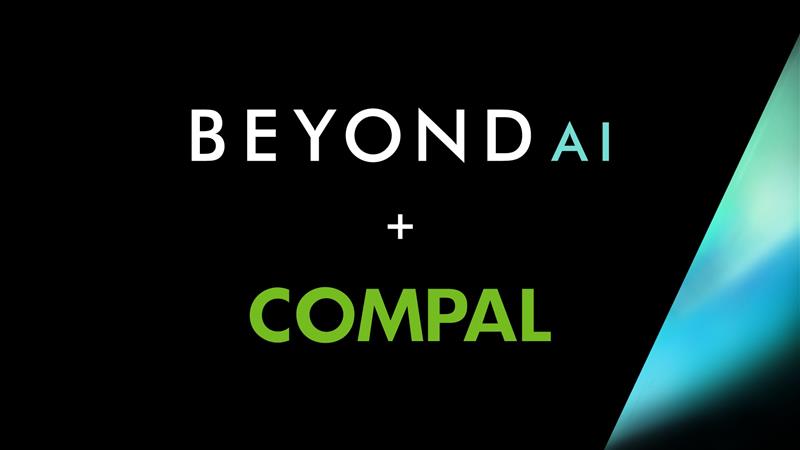The food and beverage industry are seeing rapid advances in artificial intelligence (AI) technologies that are reshaping how products are formulated, manufactured, and optimized. As consumer preferences evolve and competition intensifies, AI is proving to be a powerful tool for helping companies stay ahead. Here's why AI is crucial for blend formulation in this highly competitive space.
Traditional food & beverage formulation challenges
Formulating food products involves balancing numerous variables: taste, texture, nutrition, cost, and regulatory requirements. Traditionally, this process relied heavily on trial and error, taking months or even years to bring a new product to market. However, this approach presents several challenges.
- Time-Intensive R&D: Manually testing and adjusting ingredient ratios can slow down development, delaying time to market.
- Inconsistent Quality: Variability in raw material quality and supplier availability can lead to inconsistent product outcomes.
- Cost Constraints: Maintaining product quality while keeping costs low is a constant challenge, especially with fluctuating ingredient prices.
- Regulatory Pressures: Food products must meet stringent safety and labeling regulations, making it difficult to innovate while staying compliant.
Blend formulation is being revolutionized by artificial intelligence
AI provides innovative solutions to these challenges, particularly when it comes to optimizing food blends. Here’s how AI transforms food and beverage formulation:
- Predictive Modeling: AI allows food manufacturers to simulate how different ingredients will interact, optimizing recipes to meet specific goals like flavor, texture, and nutrition. This reduces the need for physical trials, which can be time-consuming and costly.
- Cost Optimization: AI can analyze real-time data on ingredient prices and availability, suggesting substitutions or alternative ingredients that support product quality while reducing costs. This ensures manufacturers maintain profitability, even in fluctuating markets. AI in cost optimization is becoming more popular, especially in large corporations, which uses AI to reduce product development time and costs.
- Sustainability: The food industry is under growing pressure to develop more sustainable products. AI can help improve blends to reduce waste and improve energy efficiency during production. For instance, AI is being used to create formulations that are low in volatile organic compounds (VOCs), which not only reduce the environmental footprint but also appeal to health-conscious consumers.
- Speeding Up Time-to-Market: What used to take months in R&D can now be done in days. AI accelerates the entire process by quickly simulating blends, evaluating sensory attributes, and predicting consumer acceptance. Major industry names have been employing AI to fast-track product development, enabling them to launch innovative products that cater to emerging trends faster than their competitors.
- Personalization and Consumer Insights: AI can gather and analyze consumer data from a variety of sources, including social media, e-commerce platforms, and recipes, to detect emerging preferences and trends. By incorporating AI, companies can develop blends tailored to specific consumer needs, whether it’s low-sugar, plant-based, or allergen-free options. AI’s ability to combine massive data sets with real-world consumer insights drives product development for major players in the industry.
AI Benefits for Food and Beverage Companies
- Faster Innovation: AI dramatically shortens the product development cycle, allowing companies to bring new products to market faster.
- Improved Consistency: AI ensures consistent product quality by continuously checking and adjusting for variations in ingredients and processes.
- Cost-Effective Formulation: With AI, food companies can balance cost and quality, staying competitive in an ever-changing market.
- Enhanced Sustainability: AI helps companies formulate products that are not only cost-effective but also sustainable, which is increasingly relevant to both consumers and regulators.
What’s Next?
For companies in the food and beverage industry looking to still be competitive, implementing AI for blend formulation is no longer a question of "if" but "when." AI platforms are available today that streamline the formulation process, allowing businesses to innovate quickly, cut costs, and stay compliant with evolving regulations.
If you’re ready to explore how AI can optimize food and beverage formulations, consider applications like Blend Optimizer. With a no-code interface and real-time data integration, Blend Optimizer can help your company develop innovative blends faster, more cost-effectively, and with increased consistency.

